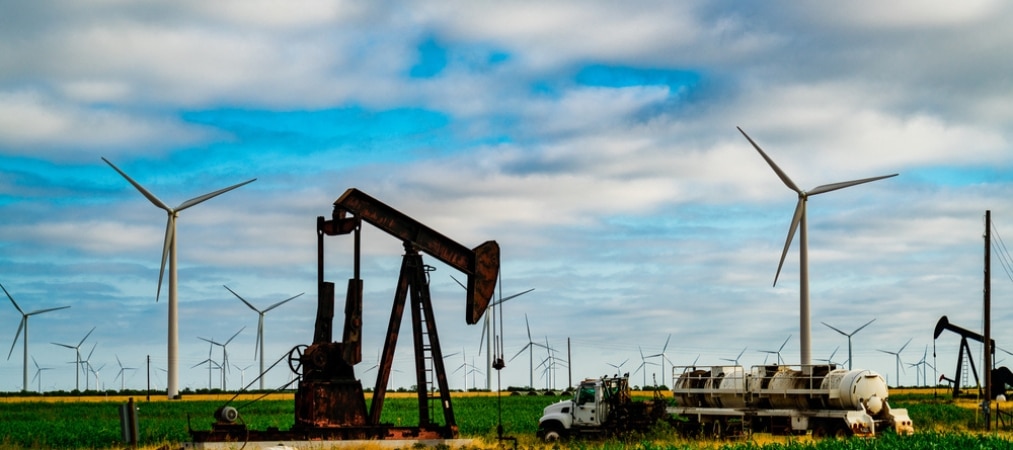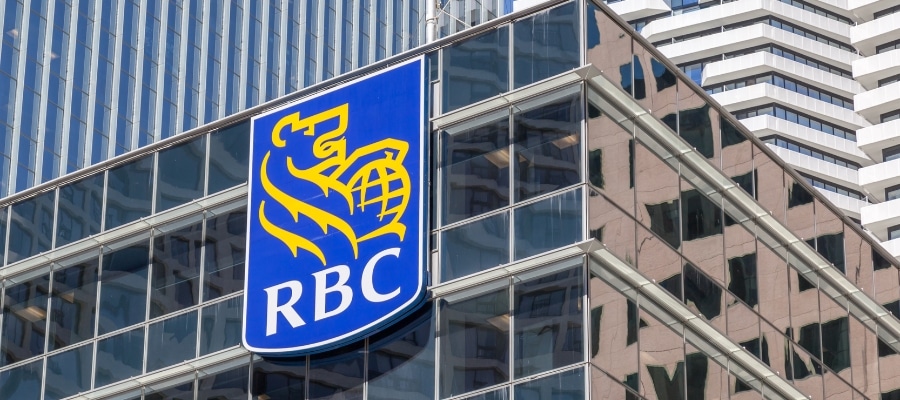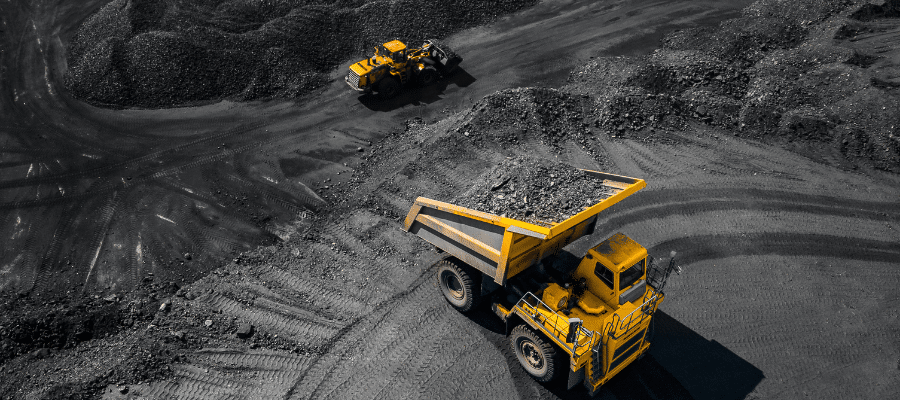ENGIE, one of the world’s largest independent power company, continues to develop gas activities that are incompatible with limiting global warming to 1.5°C and with the company’s own commitments to achieve carbon neutrality by 2045. With ENGIE’s Annual General Meeting taking place on April 30th, Reclaim Finance is calling on the company’s shareholders to continue the escalation process initiated by the filing of a climate-related shareholder resolution in 2023. Efforts must be maintained to demand answers about the grey areas in ENGIE’s climate plan. The climate emergency requires shareholders to take an outspoken stance against ENGIE’s gas expansion and to vote against some key strategic resolutions – those regarding re-election of directors and remuneration – until the company gives up on it.
With its power generation activities still largely based on fossil fuels (51% of its energy mix in 2023 [1]), ENGIE is one of the world’s biggest emitters. As such, the company is engaged by several investors, notably through the Climate Action 100+ and the French Sustainable Investment Forum.
In 2023, a group of minority shareholders coordinated by the French Sustainable Investment Forum filed a shareholder resolution calling on the company to organise an annual vote on its climate strategy, and to publish key information about its climate plan [2]. Despite the good score of 24% achieved by the resolution, ENGIE has made only limited progress since then, and its climate plan still has significant shortcomings [3]. Above all, its commitment to achieving carbon neutrality [4] is unconvincing, while the company continues to invest in importing and generating power from fossil fuels.
A “climate” plan still based on gas expansion
ENGIE is making significant investments in renewable energies – between 67% and 74% of its capital expenditure between now and 2030. But this does not mean that the company has turned its back on fossil gas. On the contrary, ENGIE still intends to develop it, in contradiction with the International Energy Agency’s Net Zero Emissions by 2050 scenario, which forecasts a 25% drop in gas demand in the power generation sector by 2030, as well as the achievement of decarbonised electricity by 2035 in OECD countries and by 2040 in the rest of the world.
Quite the opposite, the company plans to dedicate 6% of its capital expenditure to the development of new gas-fired power plants by 2026. This strategy is illustrated in particular by the announcement of the development of a new fossil gas-fired power plant in Nijmegen, the Netherlands, in contradiction with the country’s climate objectives and the search for alternatives. ENGIE is also developing its liquefied natural gas (LNG) business, by building import terminals, and has signed two supply contracts for US shale gas that run until 2041 and 2042. This gas supply is particularly worrying because numerous studies show that it emits even more greenhouse gases than traditional supplies [5].
These investments in fossil gas are a warning that ENGIE is in danger of making the same mistakes it has already made with coal. For example, more than three years after COP21 and the adoption of the Paris Agreement, ENGIE started up a coal-fired power plant in Mejillones, Chile, which had to be shut down or converted as soon as it came on stream. Although it would have been preferable, for climate-related reasons, to close it and replace it directly with sustainable electricity capacity, ENGIE decided in 2021 to convert it to gas, again a short-term investment whereas Chile’s need to decarbonise its electricity by 2035.
In addition to gas expansion, the company is basing part of its decarbonisation strategy on uncertain technologies which perpetuate the use of fossil gas in power generation or energy production. ENGIE plans to rely for instance on carbon capture, utilisation and storage (CCUS) technologies and biomethane, whose climate benefits are debated within the scientific community.
Oppose gas expansion in 2024 strategic votes
The gas expansion strategy pursued by ENGIE, including in the heart of the European Union, should alert its shareholders and encourage them to strengthen their engagement with the company. This concerns private shareholders, some of whom have already expressed concerns in the past about ENGIE’s fossil gas activities, as well as public shareholders, including the Caisse des Dépôts et Consignations (CDC) and the French State through the Agence des Participations de l’Etat (APE). While both are failing in their duty of accountability by not publishing their votes, the latter, which holds 24% of the company’s capital and 34% of its voting rights [6], did not support the climate-related shareholder resolution last year [7], contrary to regulatory incentives for greater shareholder engagement in the adoption of climate plans by companies. This year, at a time when the French government has repeatedly expressed its support for a move away from fossil fuels, both in France and internationally, it would be inconceivable for the APE not to oppose ENGIE’s fossil gas expansion strategy.
Questioning ENGIE about its gas strategy and calling on it to abandon the Nijmegen gas plant project through written and oral questions at the AGM would be a first step. But it is also essential to sanction the company’s board of directors and executive managers for their failure to align the company’s capital expenditure with the objective of moving away from fossil gas and for perpetuating new investments that have no place in a 1.5°C scenario. It is through votes on the re-election of directors and the remuneration of directors and senior management that shareholders can have the greatest impact on the company’s strategy, and send a strong signal to the board and management.



